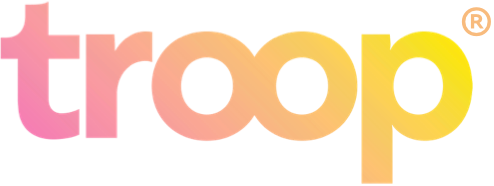In May 2019, Denver became the first major U.S. city to decriminalize the possession, use, and sharing of psychedelic mushrooms for personal use when voters approved a voter-led ordinance in the Denver City Council.
Since that momentous decision, a wave of American cities have hopped atop the decriminalization train, decriminalizing the possession, use, and sharing of various psychedelic plants and fungi—ibogaine, DMT, LSD and psilocybin mushrooms to name a few—for personal use.
Cities including Oakland (Calif.), Santa Cruz (Calif.), Northhampton (Mass.), Somerville (Mass.), Cambridge (Mass.), Washington, D.C., Seattle (Wash.), Ann Arbor (Mich.) and Grand Rapids (Mich.) have all followed suit with their own decriminalization resolutions.
On the statewide level, Oregon’s voters already approved the use of psilocybin in therapeutic, clinical settings in Nov. 2020 and the state is now in the process of creating a regulatory framework for this development. Further, state-funded studies and drafted bills are being sorted out in states like California, Connecticut, Maine, New York, Massachusetts and Texas.
To be clear, decriminalization is a far cry from legalization. In most of the aforementioned cities, the decriminalization decisions have taken the form of a resolution that directs law enforcement to make the investigation and prosecution of the possession of certain drugs its lowest priority. In some areas, the ceremonial, spiritual, and religious use of psychedelic plants and fungi has also been stated as protected from prosecution. But resolutions are not true legal changes. Rather, they’re policy directives.
In other words, the decriminalization movement, which gained even more steam recently when the federal government handed out a $4 million grant for research into psilocybin—the first federal funding into psychedelics since the 1970s—still has quite a ways to go before we start seeing “shroom shops” popping up across the country. The commercial cultivation and sale of psychedelics including psilocybin mushrooms is still most definitely illegal and likely to be investigated and prosecuted.
Nonetheless, it appears as though we’ve entered a psychedelic renaissance and the federal government’s War on Drugs may be nearing its end. Psilocybin is still recognized by the federal government as a Schedule I drug, a designation reserved for drugs with “no currently accepted medical use and a high potential for abuse.”
Yet new studies continually demonstrate psilocybin’s therapeutic value and have concluded that psychedelics like psilocybin mushrooms have one of if not the lowest potential for abuse, far below legal drugs like alcohol and tobacco.
Ironically enough, the recent news of federal funding for research into psilocybin was for a study into the effects of using psilocybin—in a therapeutic setting, combined with cognitive behavioral therapy—to help people quit smoking.
Suffice to say, the writing is on the wall: the last 50 years of American drug policy, historically more of an aberration than a rule, is coming to a close. Cannabis rode the first wave. Psychedelics like psilocybin mushrooms are now paddling into the second.
Looking for an easy way to take lion's mane supplements to get all these benefits?
Try lion's mane mushroom gummies for the tastiest way to get your mushrooms in.
100% fruiting body lion's mane vegan gummies.


